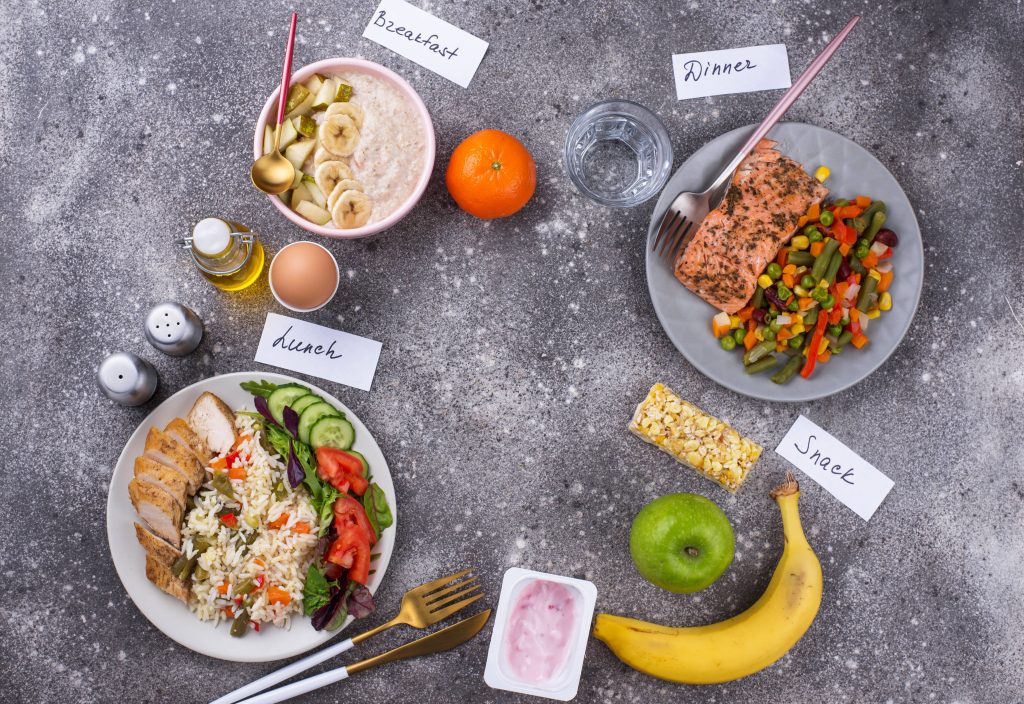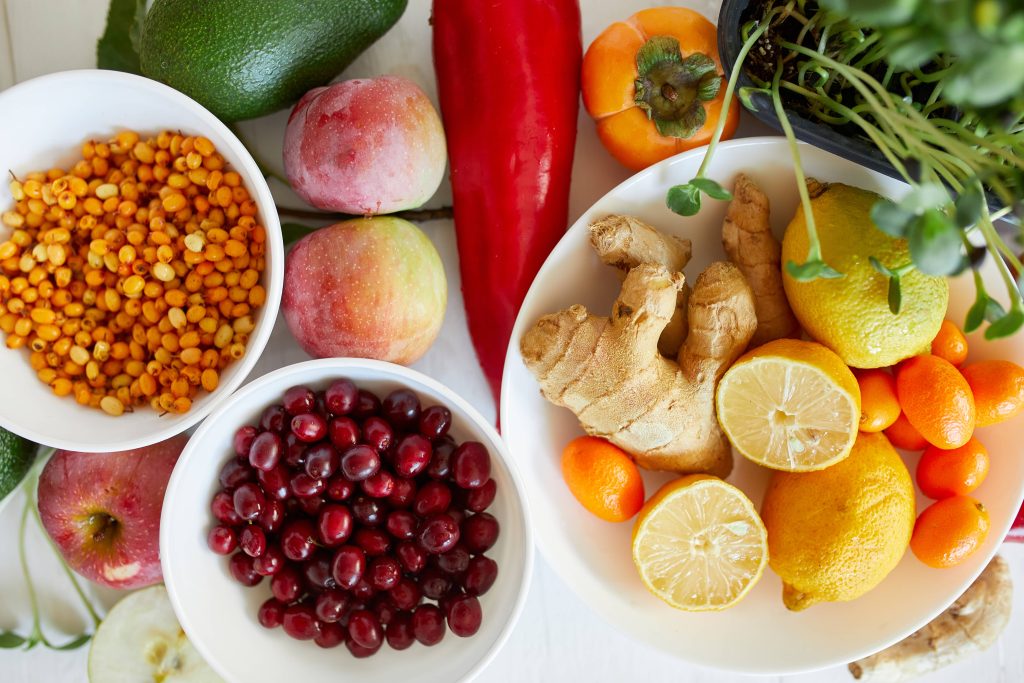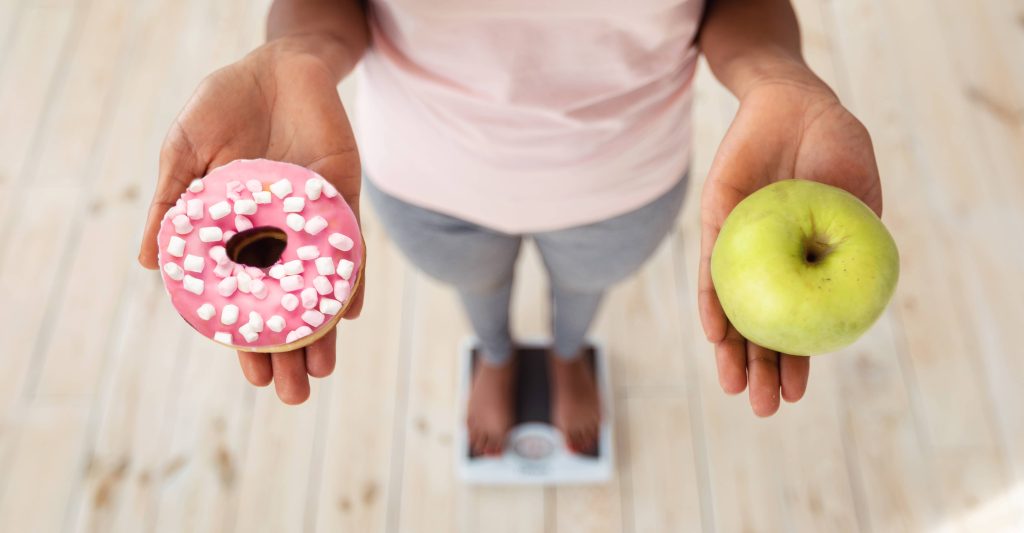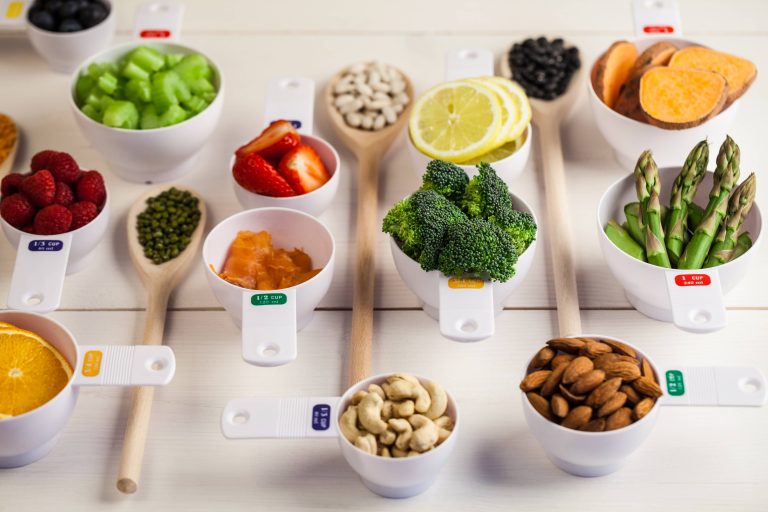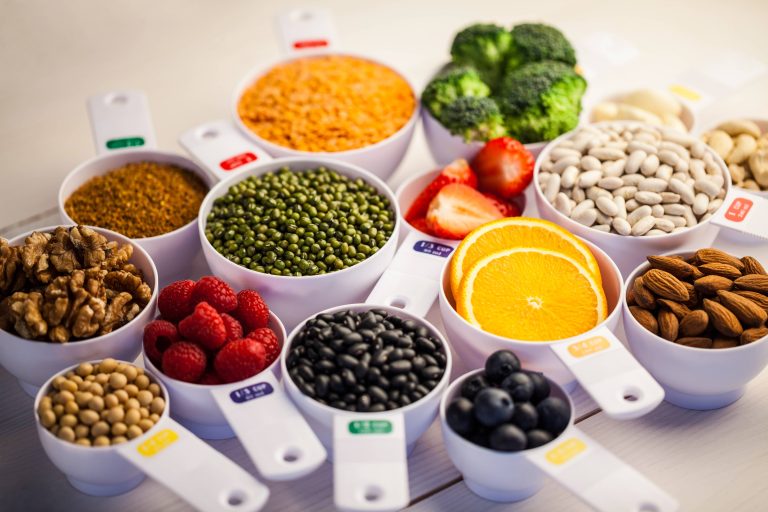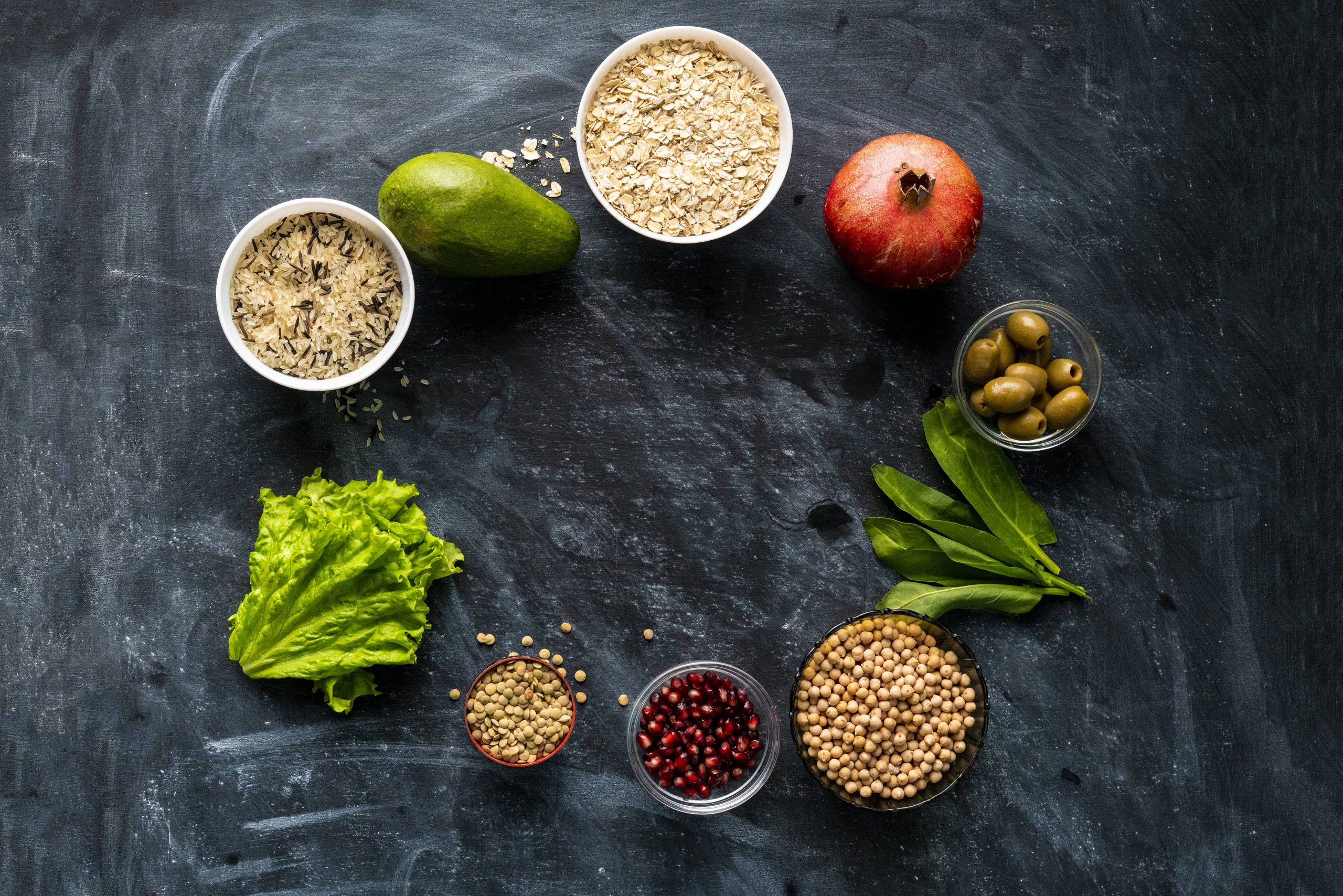
Losing belly fat is a common goal for many individuals seeking to improve their health and appearance. While spot reduction is a myth, adopting effective diet strategies can significantly contribute to reducing overall body fat, including the stubborn belly area. In this blog post, we will explore various diet strategies that can help you achieve a flatter stomach and a healthier lifestyle.
Understanding Belly Fat
Before diving into diet strategies, it’s essential to understand what belly fat is and why it can be challenging to lose. Belly fat, also known as visceral fat, is the fat stored around your abdominal organs. Unlike subcutaneous fat, which lies just under the skin, visceral fat is more metabolically active and can increase the risk of various health issues, including heart disease, type 2 diabetes, and certain cancers.
The Role of Diet in Losing Belly Fat
Diet plays a crucial role in managing body weight and reducing belly fat. While exercise is important for overall health, what you eat has a more significant impact on your ability to lose weight. Here are some effective diet strategies to help you shed those extra pounds around your midsection.
1. Prioritize Whole Foods
One of the most effective ways to lose belly fat is to focus on whole, unprocessed foods. These foods are typically lower in calories and higher in nutrients, making them an excellent choice for weight loss. Whole foods include fruits, vegetables, whole grains, lean proteins, and healthy fats. By prioritizing these foods, you can reduce your calorie intake while still feeling satisfied.
2. Reduce Sugar and Refined Carbs
Sugar and refined carbohydrates are often linked to weight gain and increased belly fat. These foods can cause spikes in blood sugar levels, leading to increased hunger and cravings. To reduce belly fat, limit your intake of sugary beverages, sweets, and refined grains like white bread and pasta. Instead, opt for complex carbohydrates such as whole grains, legumes, and vegetables.
3. Increase Protein Intake
Protein is a crucial nutrient for weight loss and can help reduce belly fat. It increases feelings of fullness, boosts metabolism, and helps preserve muscle mass during weight loss. Aim to include a source of protein in every meal, such as lean meats, fish, eggs, dairy, legumes, or plant-based proteins like tofu and tempeh.
4. Incorporate Healthy Fats
While it may seem counterintuitive, consuming healthy fats can aid in losing belly fat. Healthy fats, such as those found in avocados, nuts, seeds, and olive oil, can help you feel full and satisfied, reducing the likelihood of overeating. However, it’s essential to consume these fats in moderation, as they are calorie-dense.
5. Watch Portion Sizes
Even when eating healthy foods, portion control is crucial for weight loss. Overeating, even healthy foods, can lead to weight gain. Use smaller plates, measure your portions, and be mindful of your hunger cues to avoid overeating.
6. Stay Hydrated
Drinking enough water is essential for overall health and can aid in weight loss. Staying hydrated helps regulate your metabolism, reduces hunger, and can prevent overeating. Aim to drink at least eight glasses of water a day, and consider drinking a glass before meals to help control portion sizes.
7. Limit Alcohol Consumption
Alcoholic beverages are often high in calories and can contribute to weight gain, particularly around the belly. Limiting your alcohol intake can help reduce calorie consumption and support your weight loss efforts. If you choose to drink, opt for lower-calorie options and practice moderation.
8. Practice Mindful Eating
Mindful eating involves paying attention to your hunger and fullness cues, eating slowly, and savoring each bite. This practice can help prevent overeating and promote a healthier relationship with food. By being more aware of your eating habits, you can make more conscious choices that support your weight loss goals.
9. Plan Your Meals
Planning your meals can help you make healthier choices and avoid the temptation of unhealthy options. Prepare a weekly meal plan, including breakfast, lunch, dinner, and snacks, to ensure you have nutritious options readily available. Meal prepping can also save time and reduce the likelihood of reaching for convenience foods.
10. Get Enough Sleep
While not directly related to diet, getting enough sleep is crucial for weight loss and overall health. Lack of sleep can disrupt hormones that regulate hunger and appetite, leading to increased cravings and overeating. Aim for 7-9 hours of quality sleep each night to support your weight loss efforts.
Conclusion
Losing belly fat requires a combination of healthy eating habits, regular physical activity, and lifestyle changes. By prioritizing whole foods, reducing sugar and refined carbs, increasing protein intake, and practicing mindful eating, you can effectively reduce belly fat and improve your overall health. Remember, consistency is key, and making sustainable changes to your diet and lifestyle will yield the best results in the long run.


